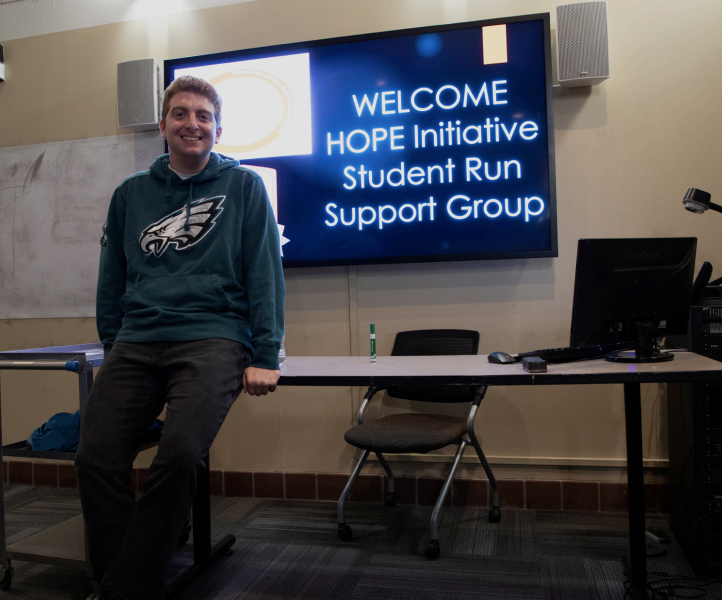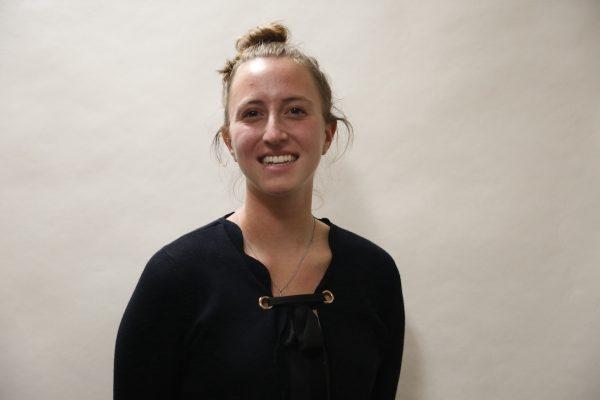September marks National Suicide Prevention Month, which highlights the importance of reaching out to loved ones, peers or even strangers who may be struggling with their mental health. The SJU HOPE Initiative continues this conversation, emphasizing how critical it is to tend to your mental health and to end the stigma around this topic.
SJU HOPE is a student-led organization standing for help, outreach, prosperity and education. It is a newly established group that was founded by Nick Farrell ’24, a member of the St. Joe’s University Student Senate (USS). The initiative is sponsored by the USS, which provides a platform as well as funding for events spearheaded by Farrell.
When Farrell joined the senate this year, his primary goal was to create a community where people can feel comfortable to share their own experiences, be vulnerable and know that they are not alone.
“I joined [the senate] because I’ve been that low. I’ve had my own experiences,” Farrell said. “I want to make sure that no one ever gets as low as I did or lower.”
The stigma around mental health often makes it difficult for students to feel comfortable sharing their own personal experiences and stories. Caren Teague ’23, a member of the ad hoc committee of HOPE, believes this initiative is a step in the right direction for getting rid of negative mental health stereotypes.
“I know what the dangers of the stigma can do to people who are either seeking help or people who are in need of help,” Teague said. “To have the stigma be such a big part of our culture here in America, but also on a college campus, I feel it’s dangerous, and having a program like this is helpful to knock [the stigma] out.”
Aside from the HOPE Initiative, another resource students can use to talk to others about mental health is Counseling and Psychological Services (CAPS). While CAPS is an extremely helpful community, students like Kaleigh Cadogan ’24 find HOPE unique because it gives students the opportunity to have authentic conversations with other students.
“With CAPS, sometimes you just feel like it’s the expert versus you. You don’t know what to say sometimes, and it gets a little uncomfortable. Do you ask professionally? Do you have to dress up? Can you take your zoom from your bed?” Cadogan said. “So I really love how [HOPE is]student to student contact and outreach. You really feel like you’re in solidarity with your fellow students.”
As a way for students to easily be in contact with one another to have these conversations, the committee plans to hold a monthly support group.
“Once a month there’s a student-run support group that me and someone else from the committee run,” Farrell said. “It’s just students sharing their experiences with other people going through similar things, for the goal of making them feel less alone.”
While the initiative encourages vulnerable conversations between students in a support group setting, there is also the goal of hosting future fundraising events that are low stakes and allow people to support the initiative while having fun as a community. The first fundraiser will be at Landmark Americana on Oct. 25, where restaurant goers will have the opportunity to donate 25% of their checks to the HOPE Initiative.
The HOPE Initiative’s ultimate goal is to reach out, establish a community of acceptance and let people know that they are not alone.
“If we can just help one person, that’s all I care about,” Farrell said. “Just really making sure that people know that there’s people who care out there, and that you’re never alone.”
















































